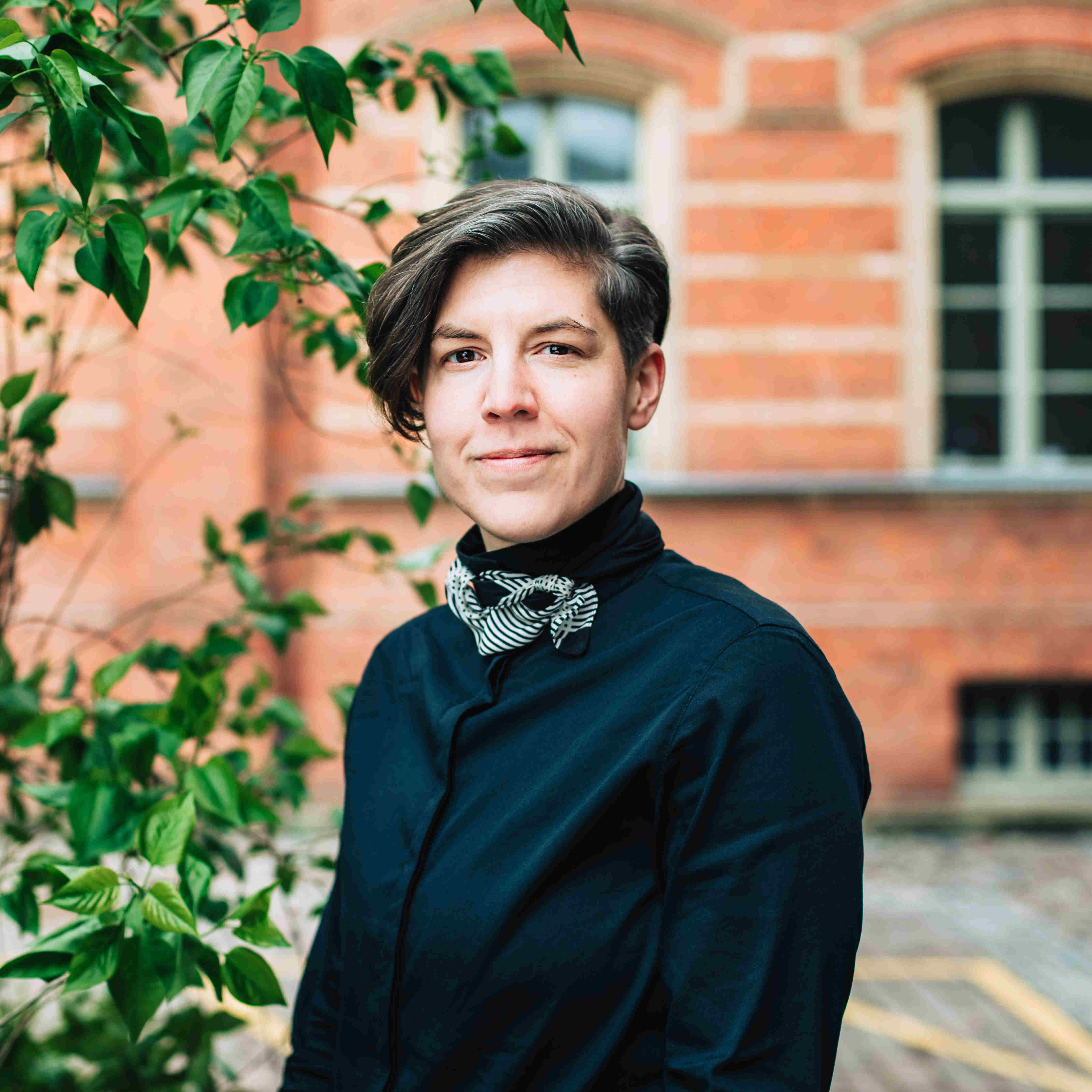Prof. Dr. Katrin Horn

© Fotocredits: Wally Pruss
Prof. Dr. Katrin Horn, born in 1983 in Coburg, studied Theatre and Media Studies as well as American Studies in Erlangen and Munich. After completing her doctorate, she worked as an academic councillor at the University of Bayreuth, where she also served as a representative of the mid-level faculty. Since October 2023, she has been Professor of Gender Studies, and since October 2024, Deputy Executive Director of the Institute of English and American Studies at the University of Greifswald.
- Question 1: What has shaped you the most during your time as an Academic Councillor at the University of Bayreuth?
Absolutely positive were the pleasant working atmosphere and the flexibility at the Chair of Anglophone Literatures and Cultures. In addition to my responsibilities in teaching and academic self-governance, I also directed the DFG-funded project “The Economy and Epistemology of Gossip in Late 19th- and Early 20th-Century US American Literature and Culture.” My immediate environment was always very supportive, showed genuine interest in my research and the progress of the project, and valued both my contributions to the Chair as well as my scholarly work.
Unfortunately, my time in Bayreuth coincided with the pandemic, which I found particularly challenging as the mother of three young children. In addition, as a representative of the mid-level faculty, I had to engage with the difficulties faced by my colleagues and try to find solutions. At many points, I felt that the University of Bayreuth could have done more for its staff.
- Question 2: Today you are a professor in Greifswald. What excites you about your research in the field of Gender Studies?
The professorship in Greifswald is truly a stroke of luck for me, as it allows me to remain rooted in my core discipline within the Institute of English and American Studies while at the same time placing a strong emphasis on Gender and Queer Studies. In addition, Greifswald has hosted an interdisciplinary Center for Gender Studies for almost 30 years. This makes it easy to build new collaborations and establish contacts. In my second semester, for example, I organized a lecture series on “Pop Feminism” together with a colleague from German Studies. It is a topic I often address in my teaching, but here I was able to approach it once again from new, interdisciplinary perspectives. In short, what fascinates me about research in Gender Studies is the diversity of topics, the openness to interdisciplinary collaboration, and the connection to current as well as historical political and social discourses, which makes these issues socially relevant.
- Question 3: What advice would you like to give young women today for their future?
I find it very difficult to give a general answer to that. For those considering an academic career, however: it is worth taking a look behind the scenes (for example, through involvement in committees); it is equally worthwhile to say no (for instance, to tasks that don’t advance your own work); and networks are indeed just as valuable as everyone says—whether formalized ones such as DFG networks or informal coffee groups at conferences.
